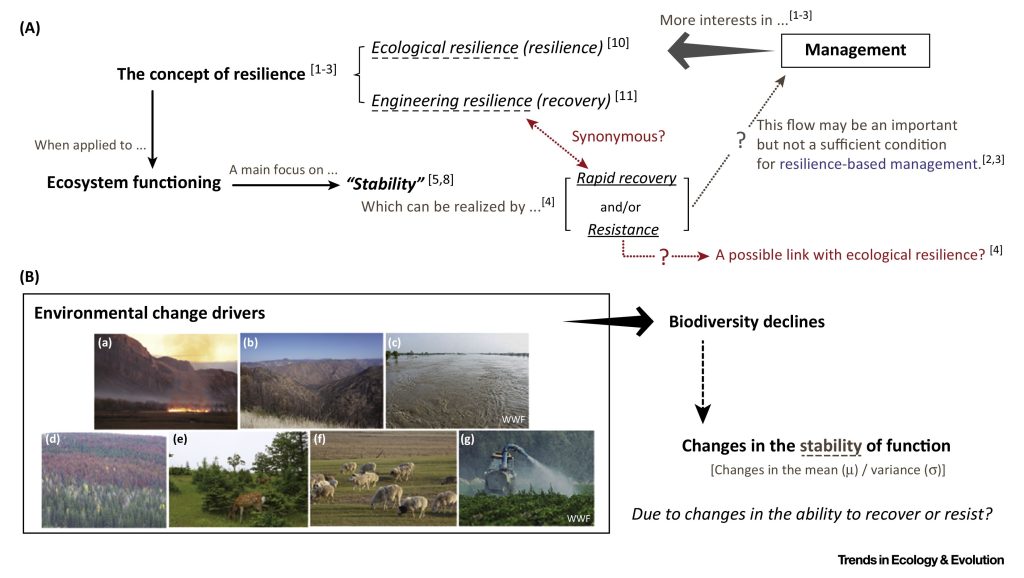The Role of Biodiversity in Ecosystem Resilience

In a world marked by ever-increasing environmental challenges, the importance of biodiversity in bolstering ecosystem resilience cannot be overstated. Biodiversity, often defined as the variety of life forms on Earth, plays a pivotal role in maintaining the stability and functionality of ecosystems. This article delves into the critical role that biodiversity plays in enhancing ecosystem resilience, shedding light on why it is imperative to safeguard our planet’s rich tapestry of life.
Understanding Biodiversity: A Multifaceted Treasure Trove
Biodiversity encompasses the incredible diversity of species, genes, and ecosystems that coexist on our planet. It includes everything from the tiniest microorganisms to the grandeur of ancient forests. This incredible variety of life forms is a bedrock upon which ecosystems are built.
The Keystone of Ecosystem Services
Biodiversity is the keystone of ecosystem services, providing a wide array of vital benefits for nature and humanity. Ecosystem services include but are not limited to:
- Pollination: Diverse plant and insect species ensure the pollination of crops, contributing significantly to global food security.
- Clean Air and Water: Thriving forests and wetlands help purify the air and water we breathe, mitigating pollution.
- Climate Regulation: Various ecosystems, such as oceans and forests, play a crucial role in regulating the Earth’s climate by sequestering carbon dioxide.
- Disease Control: Biodiversity can act as a natural buffer against disease outbreaks, preventing the unchecked proliferation of pathogens.

Biodiversity and Ecosystem Resilience
Ecosystems are dynamic and constantly face disturbances, whether natural or human-induced. Biodiversity is the secret ingredient that empowers ecosystems to withstand these challenges and bounce back with vigor. Here’s how:
Enhanced Stability
Diverse ecosystems are more stable because they can better adapt to changing conditions. When one species is threatened or disappears, others can fulfill ecological roles, maintaining the ecosystem’s health.
Resistance to Invasions
Biodiversity acts as a shield against invasive species. In diverse ecosystems, native species have a better chance of outcompeting invasive species, preventing them from dominating and disrupting the ecosystem’s balance.
Buffer Against Climate Change
As our planet grapples with the effects of climate change, biodiversity provides a critical buffer. Diverse ecosystems, like mangrove forests and coral reefs, are more resilient to rising temperatures and ocean acidification, offering hope for the future.
The Urgency of Conservation
The alarming truth is that biodiversity is under threat like never before. Human activities such as deforestation, habitat destruction, overfishing, and pollution are driving species to extinction at an unprecedented rate. This depletion of biodiversity weakens the very systems that sustain us.
A Call to Action
In conclusion, the role of biodiversity in enhancing ecosystem resilience must be addressed. As stewards of this planet, it is our responsibility to take immediate and concerted action to conserve and protect our planet’s biodiversity. By doing so, we safeguard the incredible beauty and diversity of life on Earth and secure future generations’ well-being. We must answer a call to action with urgency and unwavering commitment.







+ There are no comments
Add yours